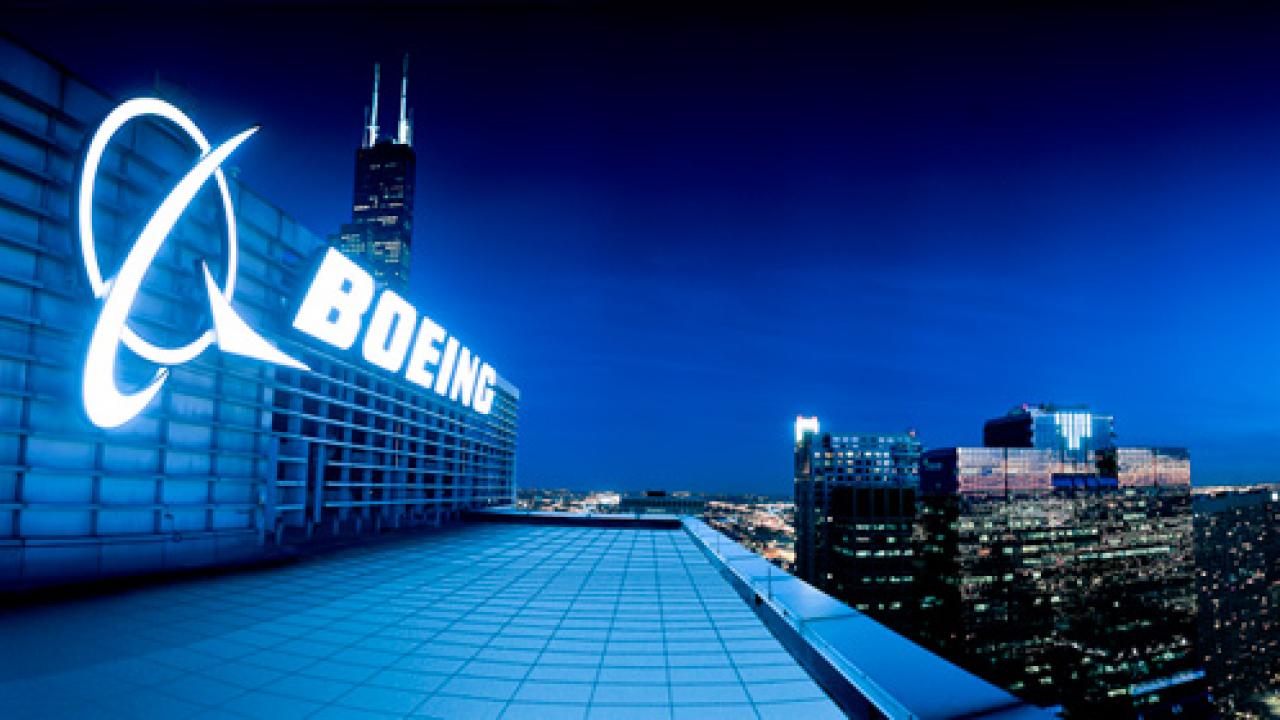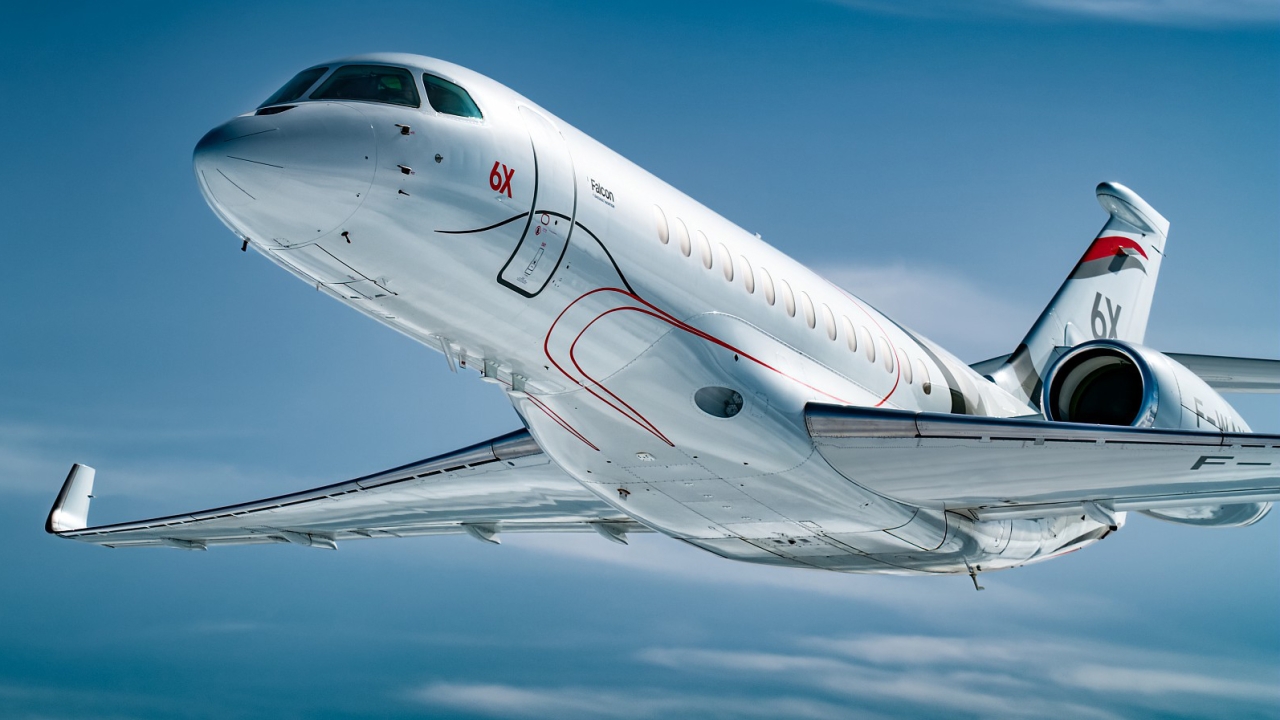Boeing reports second-quarter revenue of $17.0 billion

GAAP earnings per share of $1.00 and core earnings per share (non-GAAP) of $0.40 primarily reflects higher commercial volume and lower period costs. Boeing recorded operating cash flow of ($0.5) billion.
“We continued to make important progress in the second quarter as we focus on driving stability across our operations and transforming our business for the future,” said Boeing president and chief executive officer David Calhoun. “While our commercial market environment is improving, we’re closely monitoring COVID-19 case rates, vaccine distribution and global trade as key indicators for our industry’s stability. As we continue to position for a robust recovery, we remain committed to safety and quality, while investing in our people, products and technology. I am proud of our team’s resilience and commitment as we work to rebuild trust, improve our performance and deliver for our commercial, defence, space and services customers.”
As part of Boeing's ongoing focus on global sustainability, the company published its first integrated Sustainability Report in July. "This was an important step in our continued efforts to reinforce our Environmental, Social, and Governance principles," Calhoun said.
Cash and investments in marketable securities decreased to $21.3 billion, compared to $21.9 billion at the beginning of the quarter, primarily driven by operating cash outflows.
The company has access to credit facilities of $14.8 billion which remain undrawn.
Total company backlog at quarter-end was $363 billion.
Commercial airplanes
Commercial Airplanes second-quarter revenue increased to $6.0 billion primarily driven by higher commercial airplane deliveries. Second-quarter operating margin improved to (7.8) percent, primarily due to lower period costs as well as higher delivery volume.
Boeing is continuing to make progress on the global safe return to service of the 737 MAX. Since the FAA's approval to return the 737 MAX to operations in November 2020, Boeing has delivered more than 130 737 MAX aircraft and airlines have returned more than 190 previously grounded airplanes to service. 30 airlines are now operating the 737 MAX, safely flying nearly 95,000 revenue flights totalling more than 218,000 flight hours (as of July 25, 2021). The 737 programme is currently producing at a rate of approximately 16 per month and continues to expect to gradually increase production to 31 per month in early 2022 with further gradual increases to correspond with market demand. The company will continue to assess the production rate plan as it monitors the market environment and engages in customer discussions.
As Boeing has previously shared, the company is conducting inspections and rework and continues to engage in detailed discussions with the FAA on verification methodology for 787. In connection with these efforts, the company announced earlier this month that it has identified additional rework that will be required on undelivered 787s. Based on our assessment of the time required to complete this work, Boeing is reprioritising production resources for a few weeks to support the inspection and rework. As that work is performed, the 787 production rate will temporarily be lower than five per month and will gradually return to that rate. Boeing expects to deliver fewer than half of the 787s currently in inventory this year.
Commercial Airplanes secured orders for 200 737 aircraft for United Airlines, 34 737 aircraft for Southwest Airlines, and a total of 31 freighter aircraft. Commercial Airplanes delivered 79 airplanes during the quarter and backlog included over 4,100 airplanes valued at $285 billion.
Defence, Space & Security
Defence, Space & Security second-quarter revenue increased to $6.9 billion driven by higher KC-46A Tanker and P-8A Poseidon volume. Second-quarter operating margin increased to 13.9 percent, primarily reflecting the absence of a charge on the KC-46A Tanker programme as compared to second quarter 2020, as well as a favourable non-US contract adjustment.
During the quarter, Defence, Space & Security secured an award for 14 H-47 extended-range Chinook helicopters for the U.K. Royal Air Force and signed an agreement with the German Ministry of Defence for five P-8A Poseidon aircraft. Defence, Space & Security conducted the first MQ-25 unmanned aerial refuelling of a F/A-18 Super Hornet and successfully joined T-7A Red Hawk front and aft sections in under 30 minutes enabled by digital design. Also, the first Core Stage for NASA's Space Launch System began stacking with other Artemis I elements.
Global Services
Global Services second-quarter revenue increased to $4.1 billion and second-quarter operating margin increased to 13.1 percent primarily driven by higher commercial services volume. Operating margin was also favourably impacted by lower asset impairments, lower severance costs, and mix of products and services.
During the quarter, Global Services signed an expanded parts agreement with Turkish Technic and announced a partnership to expand capacity for 737-800 Boeing Converted Freighters. Global Services was also selected to provide P-8A training and sustainment as well as C-17 training to the U.K. Royal Air Force, and was awarded a modification for KC-46A interim contract support for the U.S. Air Force.
Stay up to date
Subscribe to the free Times Aerospace newsletter and receive the latest content every week. We'll never share your email address.

